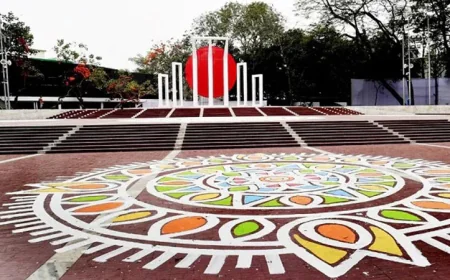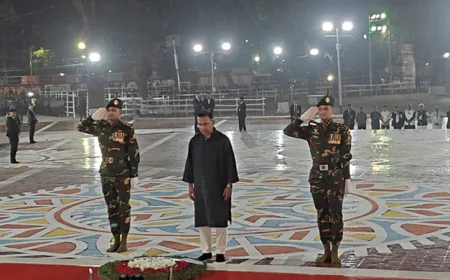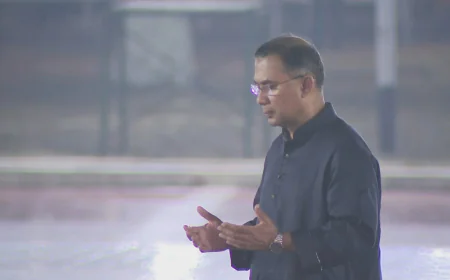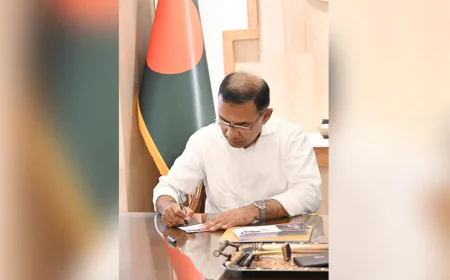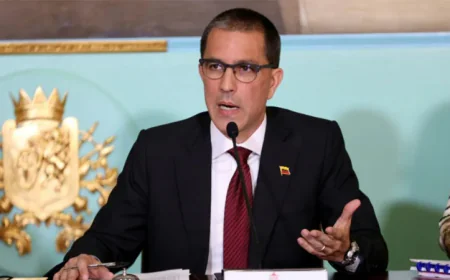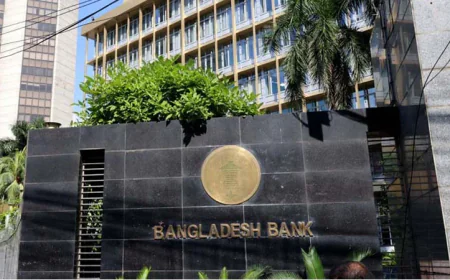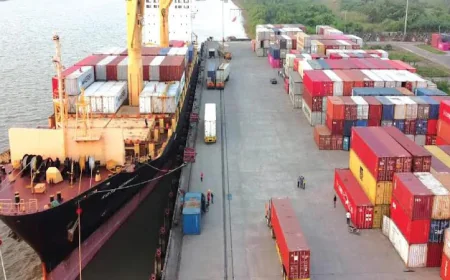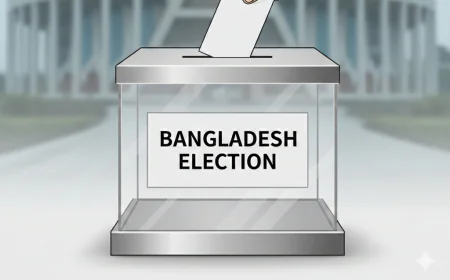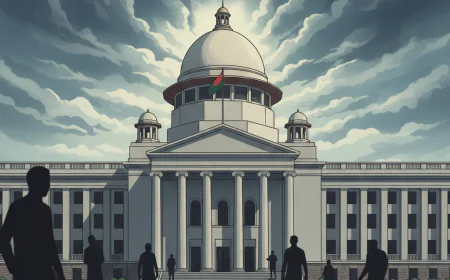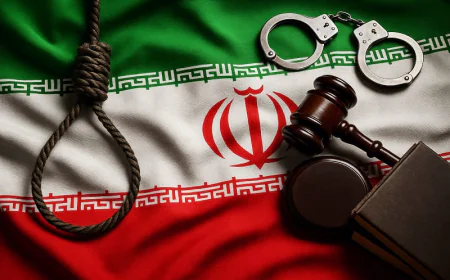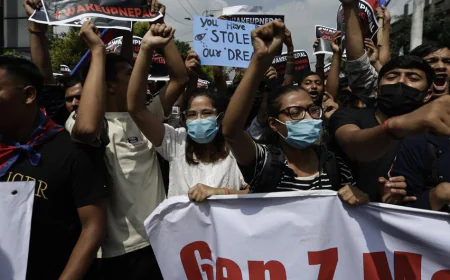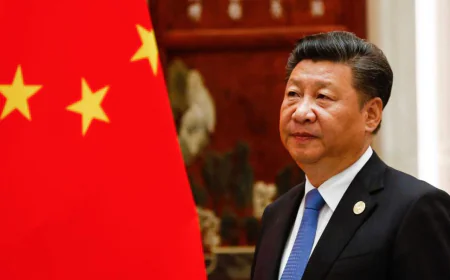India-Pakistan War
An Existential Crisis for South Asia and Bangladesh’s Diplomatic Responsibility
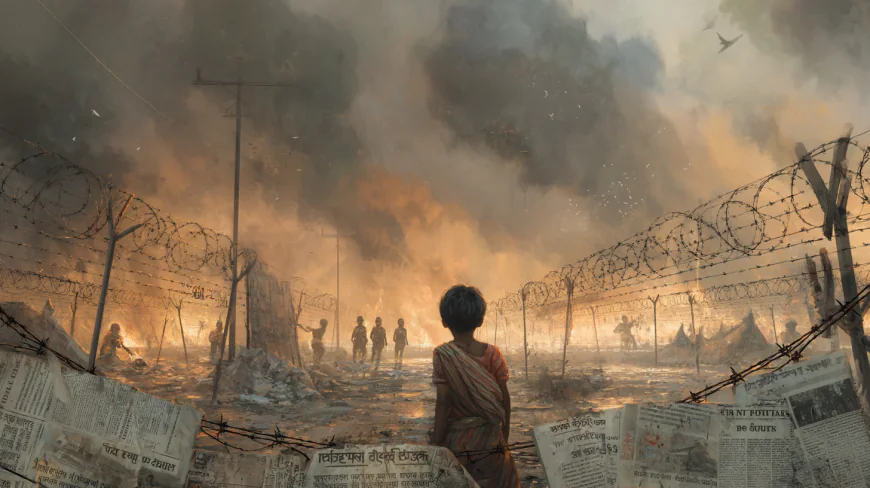
The simmering hostility between India and Pakistan has once again erupted into open conflict, throwing the entire South Asian region into a dangerous spiral of uncertainty, violence, and fear. What began as border skirmishes has now escalated into full-fledged military engagements involving air strikes, artillery shelling, and mass mobilization of troops. In a region already fraught with political complexities, religious tensions, and deep-rooted historical grievances, the outbreak of war between two nuclear-armed neighbors is a dire threat not just to them, but to global peace and stability.
This conflict is not merely a conventional war between two rival states. It is a clash fueled by decades of unresolved political disputes, particularly over Jammu and Kashmir, compounded by a surge in nationalist rhetoric and political brinkmanship on both sides. As international observers urge restraint and a return to diplomatic dialogue, the harsh reality remains: both India and Pakistan have drifted dangerously close to a tipping point. A single miscalculation could trigger a regional catastrophe with global consequences.
Although Bangladesh is not a direct party to the war, the repercussions of the conflict are already being felt. As a neighboring country sharing historical, economic, and geographical proximity to both India and Pakistan, Bangladesh finds itself caught in a storm it did not create but cannot ignore. The first wave of consequences is economic: regional trade has slowed, cross-border supply chains have fractured, and global markets are reacting with volatility. Prices of essential commodities such as fuel, food, and raw materials are beginning to rise. For a developing economy like Bangladesh, which is still recovering from global inflationary pressures and the aftermath of the pandemic, this escalation threatens to destabilize hard-earned economic gains.
Beyond economics, the humanitarian implications are equally grave. Should the war intensify and drag on, there is a strong likelihood of a mass refugee influx into Bangladesh, especially from adjacent regions of India and possibly even Afghanistan via Pakistan. Bangladesh already hosts over a million Rohingya refugees from Myanmar, straining its resources and infrastructure. A new wave of displaced people would not only burden the country’s already overstretched humanitarian apparatus but could also stoke internal tensions and security concerns.
Security analysts have expressed particular concern about the potential rise of cross-border militant activity. In times of conflict, extremist ideologies often find fertile ground amid chaos and despair. If the India-Pakistan war creates a vacuum of governance in parts of the region, it could open avenues for radical groups to infiltrate neighboring countries, including Bangladesh. Maintaining internal stability and national security in such a volatile context will require unwavering vigilance, coordinated intelligence efforts, and responsible media communication to avoid the spread of rumors and fear-mongering.
Amid this unfolding crisis, Bangladesh’s diplomatic positioning becomes critical. Historically, Bangladesh has followed a foreign policy rooted in non-alignment, peaceful coexistence, and friendship with all. This principle, articulated by Bangabandhu Sheikh Mujibur Rahman, remains the cornerstone of Bangladesh’s international identity. The country must now activate its diplomatic channels to advocate for de-escalation, encourage regional dialogue, and support multilateral peace efforts through platforms such as the United Nations, SAARC, BIMSTEC, and the OIC.
Bangladesh’s leadership must strike a delicate balance—preserving strategic partnerships with both India and Pakistan while projecting itself as a responsible and peace-seeking actor. This is no easy task, especially as geopolitical alliances and defense ties complicate neutral positioning. However, Bangladesh’s credibility as a regional peace-builder depends on its ability to promote stability without appearing partisan or submissive to larger powers.
The historical perspective is crucial here. Bangladesh’s own birth in 1971 emerged from a brutal war, where millions died and countless families were displaced. That legacy makes us acutely aware of the human cost of conflict. Our national memory is etched with the scars of war, which is why Bangladesh’s people inherently understand that no dispute—no matter how long-standing or politically sensitive—is worth plunging millions into darkness and despair.
As a nation that has often suffered due to the failure of regional cooperation, Bangladesh must rise as a voice for sanity and peace in South Asia. It is high time to redefine security beyond military terms and recognize that true strength lies in dialogue, mutual respect, and economic cooperation. Development, not destruction, should be the collective priority.
Furthermore, the media, civil society, and academia in Bangladesh have a vital role to play in shaping public discourse and promoting a narrative of peace and unity. Misinformation, propaganda, and inflammatory commentary must be checked rigorously to prevent internal divisions or misplaced aggression.
In conclusion, the India-Pakistan war is not a bilateral affair—it is a regional crisis with global dimensions. The path ahead is fraught with danger, but also ripe with opportunity. If Bangladesh can navigate this moment with maturity, resolve, and principled diplomacy, it will not only safeguard its national interests but also emerge as a torchbearer of peace in a region too often defined by conflict. Let us hope that wisdom prevails over war, and that South Asia finds the courage to rewrite its future—not through bloodshed, but through cooperation and compassion.
